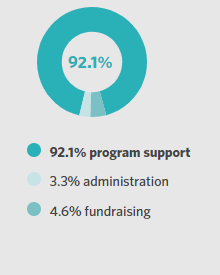
Their Front Porch View
How looking out and looking in can be both similar and different for people in poverty
June 23, 2022 | Behind the Scenes

In the U.S., when you think of a front porch, often the entryway to the heart of a home, what images or memories come to mind?
Maybe you picture a covered structure whose shade gives respite on a warm summer day, or a beautiful view to sit and enjoy with a cup of coffee while the sun rises. Was it a place where you were asked to “check your shoes at the front door?”
It was probably a place where flowering plants were nursed to bloom in spring, where music, lyrics and learning were developed from the swing, where business was conducted, neighbors gathered to visit, and daydreaming and storytelling were always at their best.
Though the American front porch became an integral element of culture and architecture beginning in the 19th century, evolving from a symbol of status to one of functional design, the concept of the porch is very much an international creation. From the columned porticos of ancient Greece and Rome to the covered stoops of the shotgun houses of West Africa (a narrow, rectangular style of house also common in the American South), the concept of the porch is almost as old as time.
The view from within and without may look different for families in poverty around the globe, but many things remain the same. By any name — porch, veranda, portico, stoop — it is still a place where we “gather,” to make music, complete tasks, learn, find community, witness beauty or contemplate perspective.
Here are eight “front porch” views of the Unbound community across the globe.
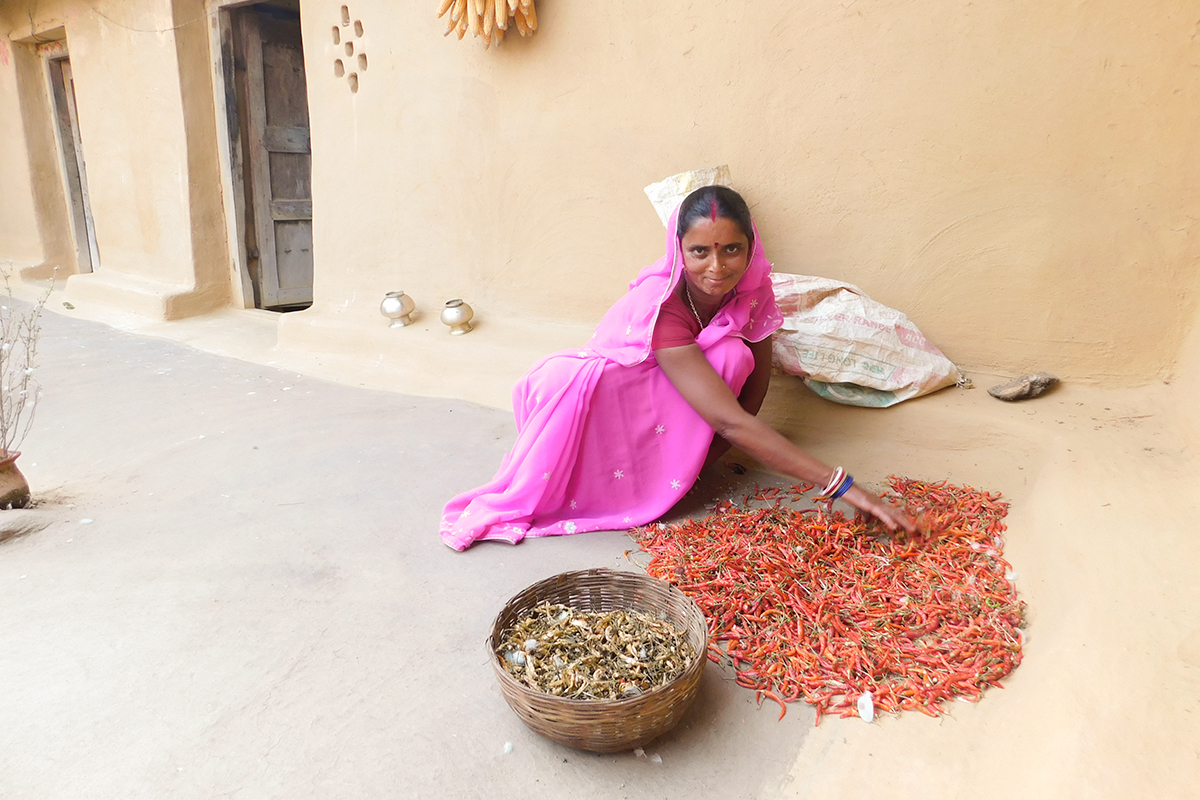
Anita Devi, mother of sponsored youth Chandani and a business owner, separates rotten chiles from the good chiles on the veranda of her family’s home in Bhagalpur, India.
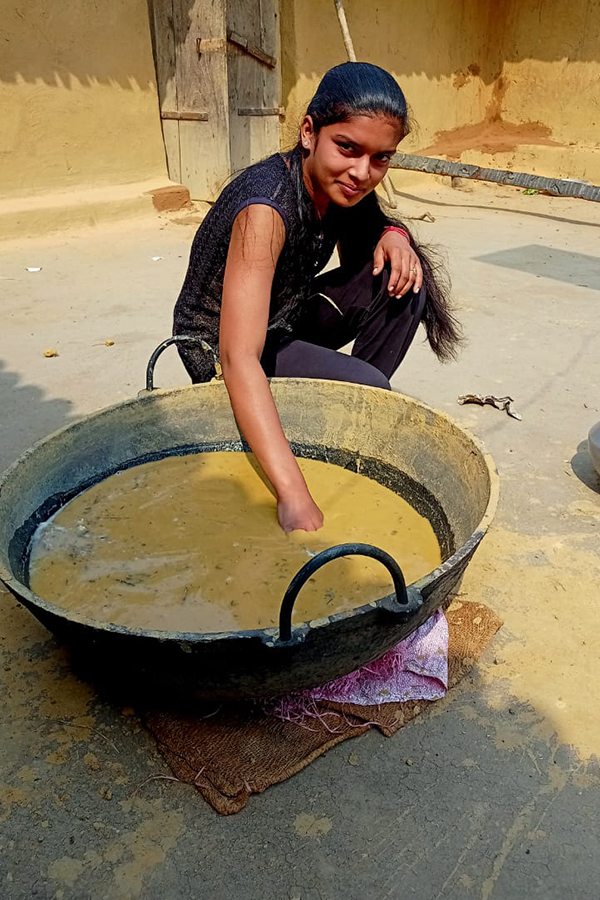
Anita’s family uses the veranda of their mud house for many of their day-to-day activities, including the children’s homework and chores, like the one her daughter, Chandani, is accomplishing as she prepares a special mud called pilkey, which is used to repair the walls of their home.
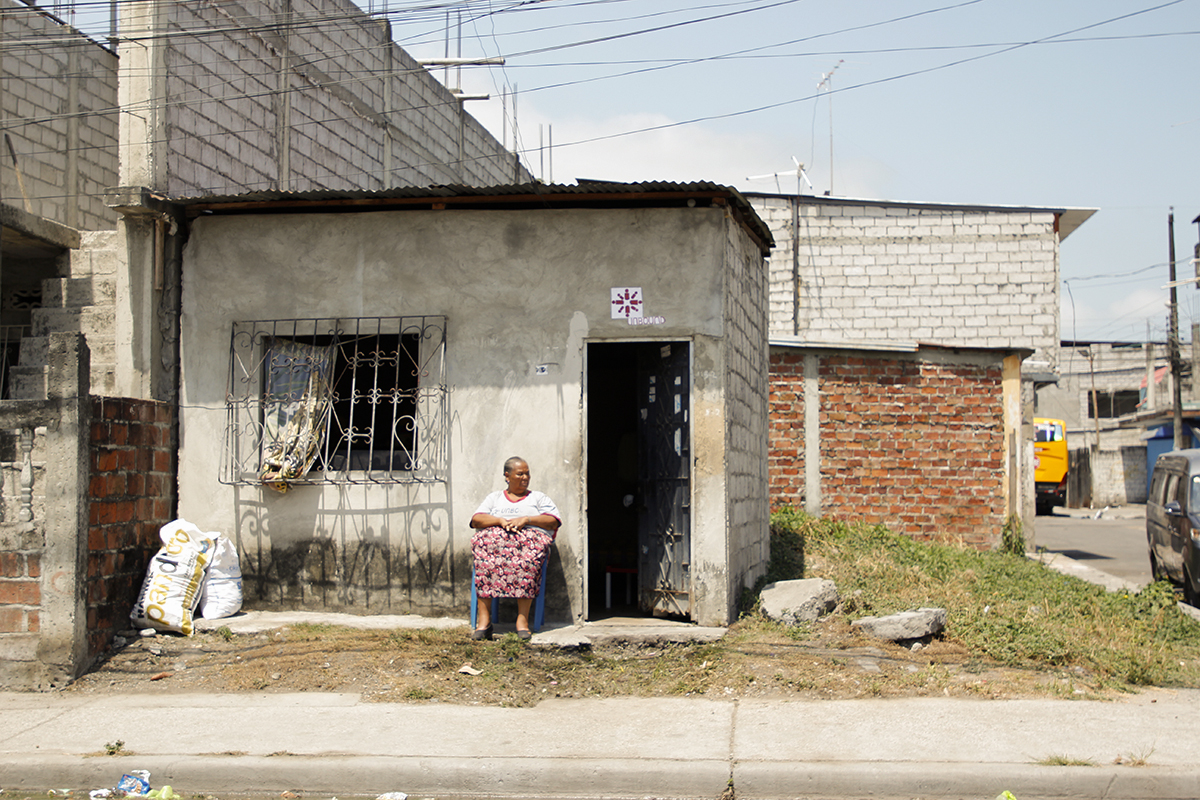
Sponsored elder Esperanza of Guayaquil, Ecuador, lives in a one-room house that she shares with her adult son in a high-crime area. She has lived in the home (which Unbound helped her rebuild) her entire life, is beloved by her neighbors and shares a special relationship with her sponsor. She is a welcoming presence in her community, providing the snacks at her elderly group meetings and helping them write letters to their sponsors, since many cannot read or write.
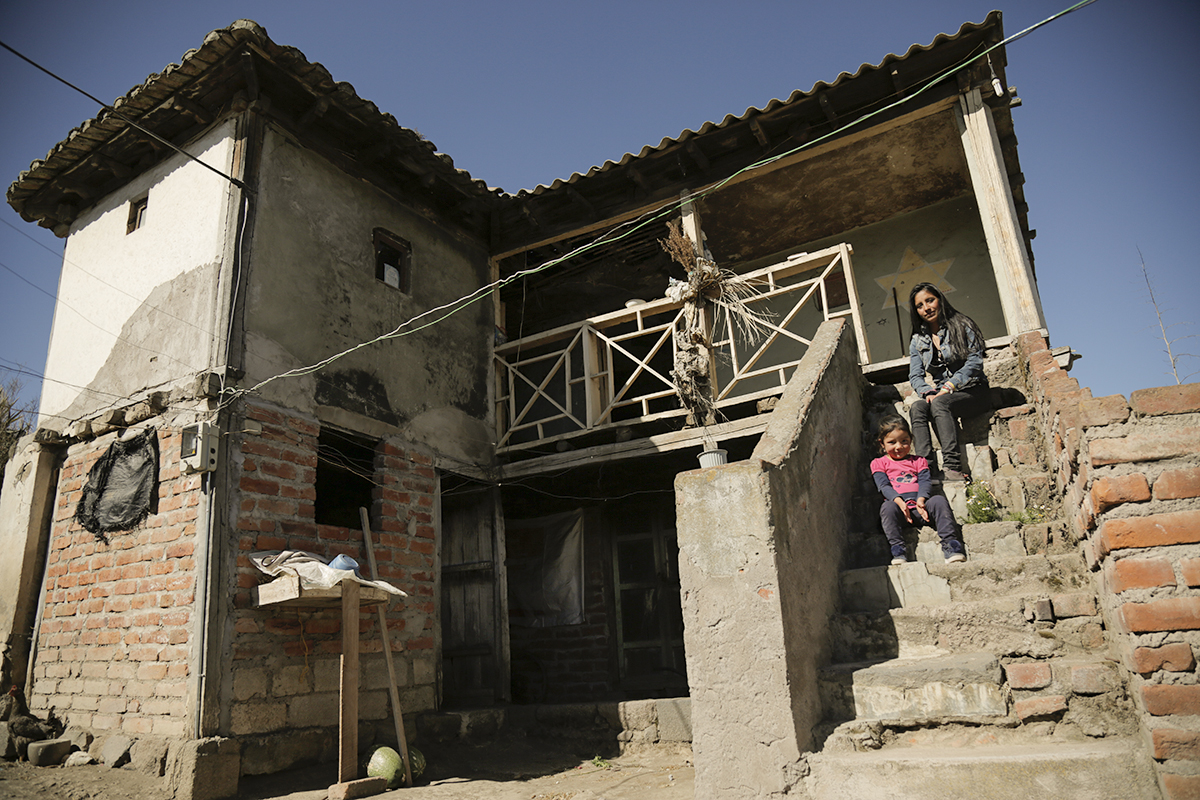
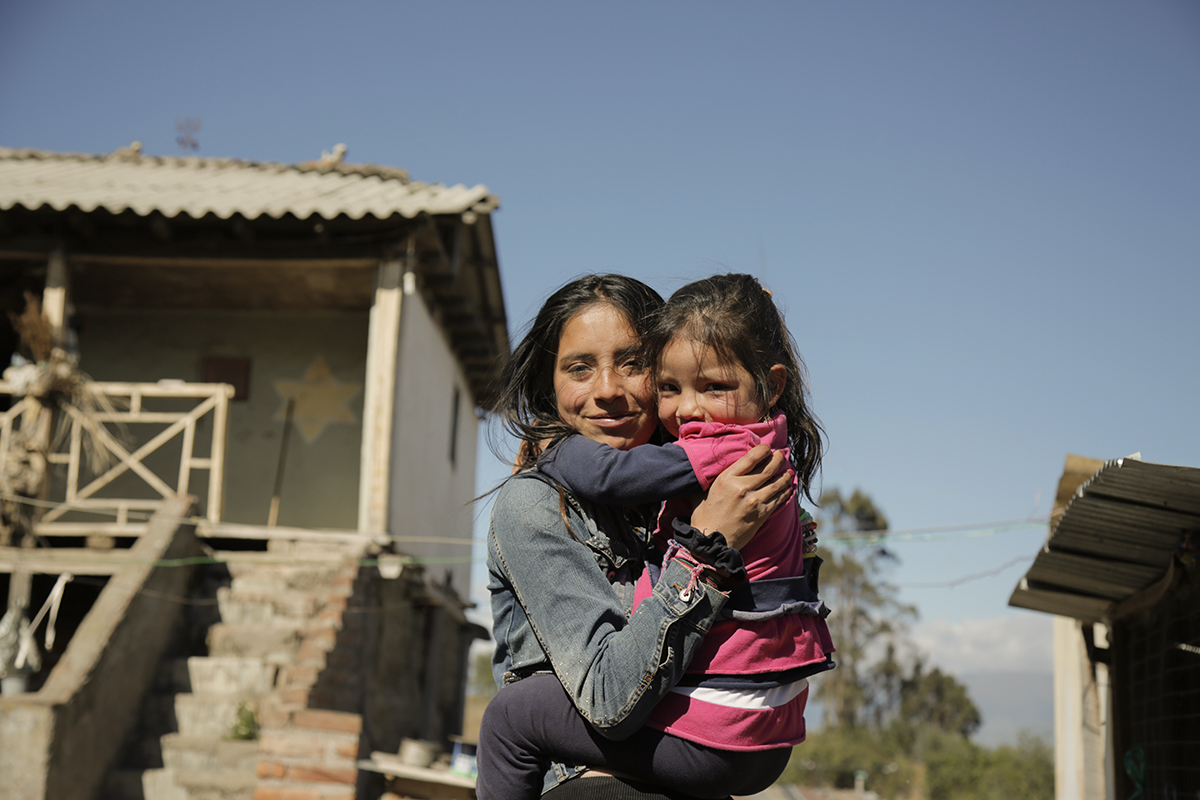
Photo 1: In a community called Cunduana in Ecuador, sponsored child Milagros (pictured at 4 years old) lives with her family in a home made primarily from adobe. A happy girl who loves apples, her family grows corn, barley and quinoa, and raises livestock for income.
Photo 2: Milagros' mother, Veronica, has a form of arthritis that makes walking (and playing with her daughter) difficult. To her, “the way to live is to be searching daily to live.”
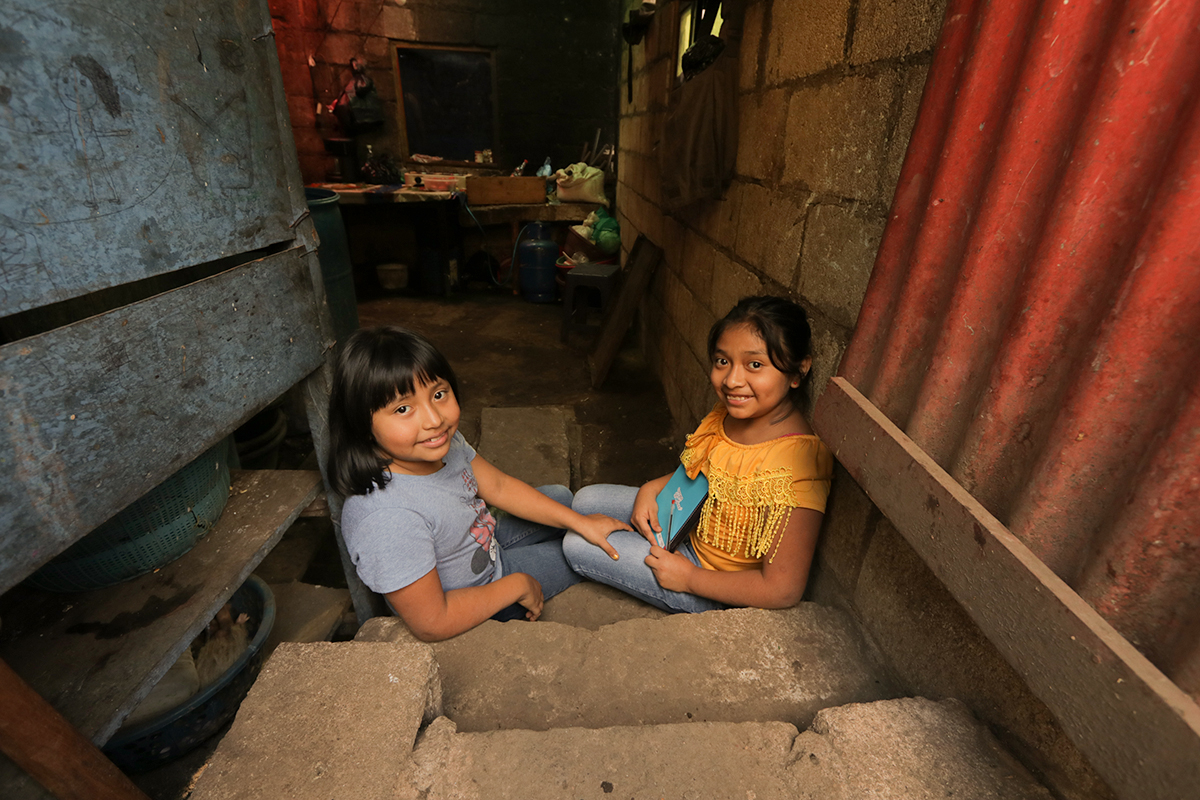
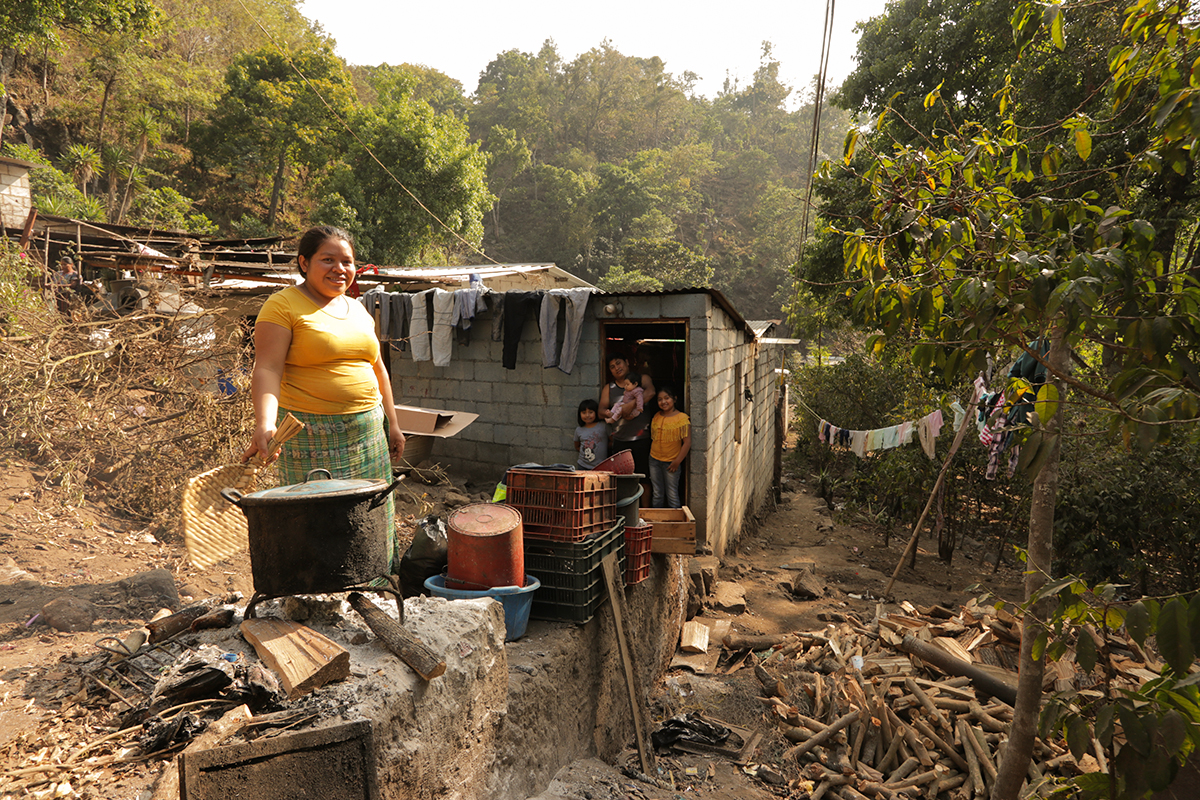
Photo 1: Eleven-year-old sponsored child Prisma (seated on the right in yellow blouse) and her younger sister Britany, 8, sit by the front door of the entryway that leads down into their family’s rented home, a place where they often use the natural light filtering in to read and study.
Photo 2: Prisma dreams of one day being a teacher to help other children learn to read and write, while her parents dream of the family owning their own home with running water and electricity.
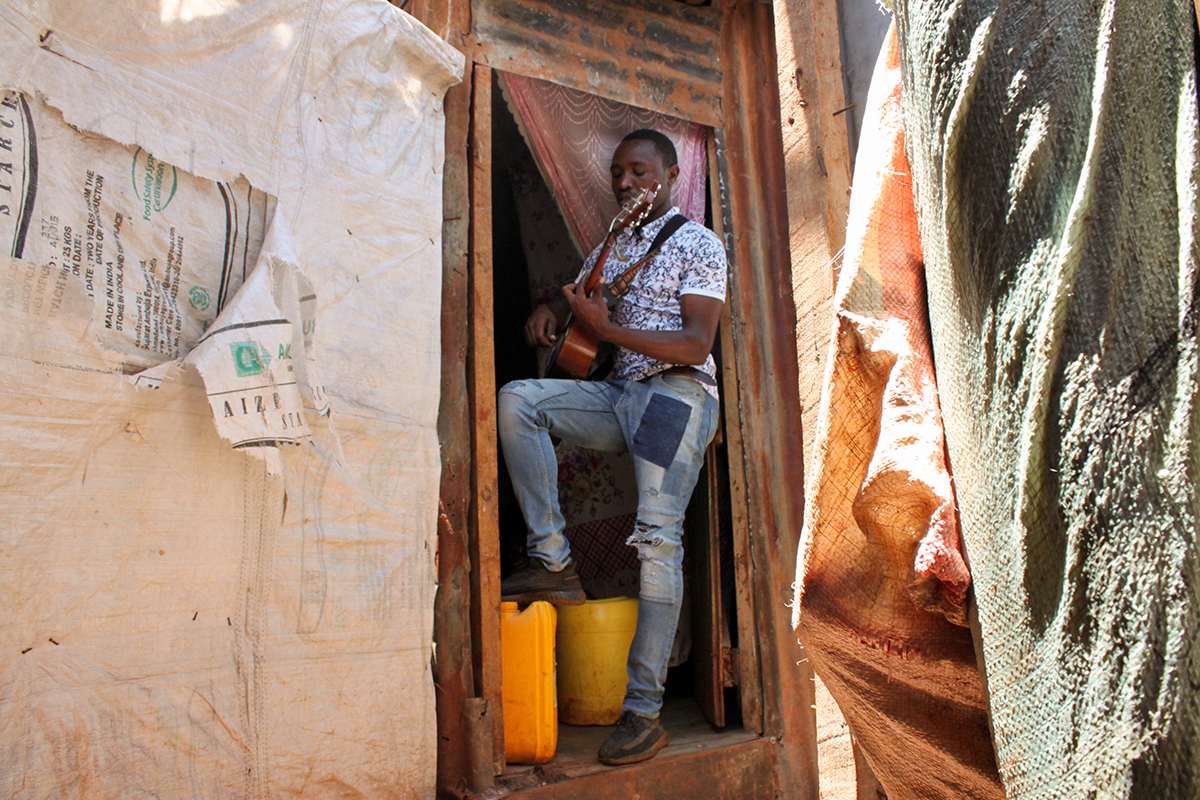
Peter, a country music singer and former sponsored child, stands on the stoop, playing guitar, just outside the narrow alleyway of the shanty he shares with his younger brother in Nairobi’s Kibagare slum. A sensation around his neighborhood and fondly known as “country man,” he plays his music in the streets, often to the tunes of one of his favorite American musicians, Kenny Rogers, and in the Kikuyu language of his tribe to reach them emotionally.
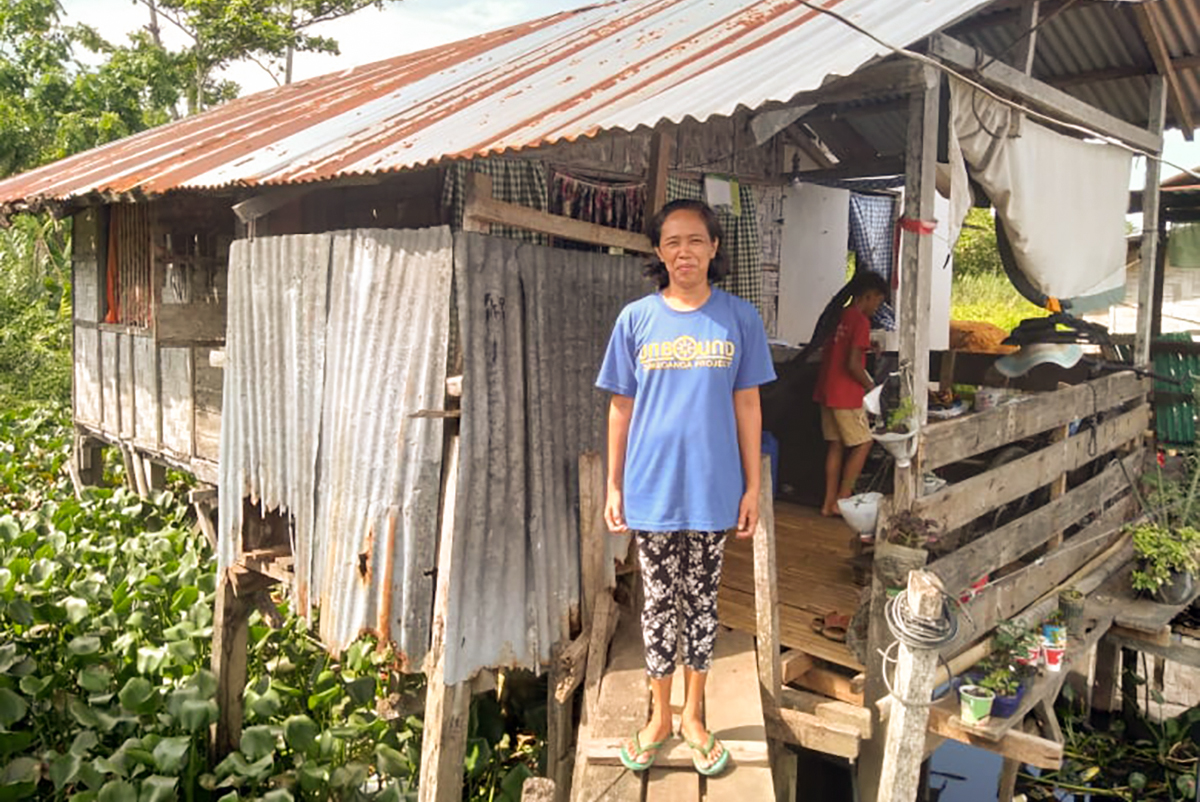
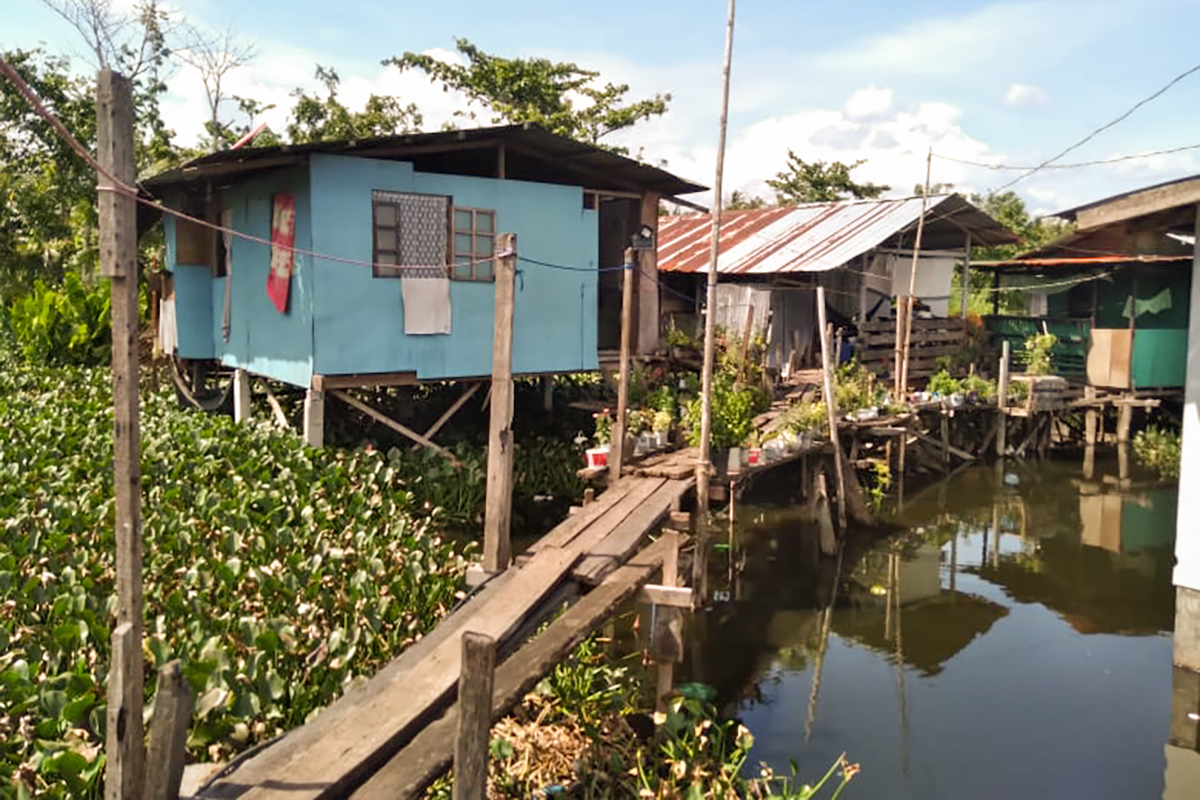
Photo 1: From a front porch of a home housed over the water in her squatter’s community in the Philippines, mother of former sponsored child Eloisa, Flordeliza can view real change.
Photo 2: Flordeliza spearheaded an Unbound Agents of Change project that improved 41 meters of a 20-year-old dilapidated footbridge, which now allows residents to reach their homes after traveling throughout the community without fear of falling into the water or getting their feet wet.
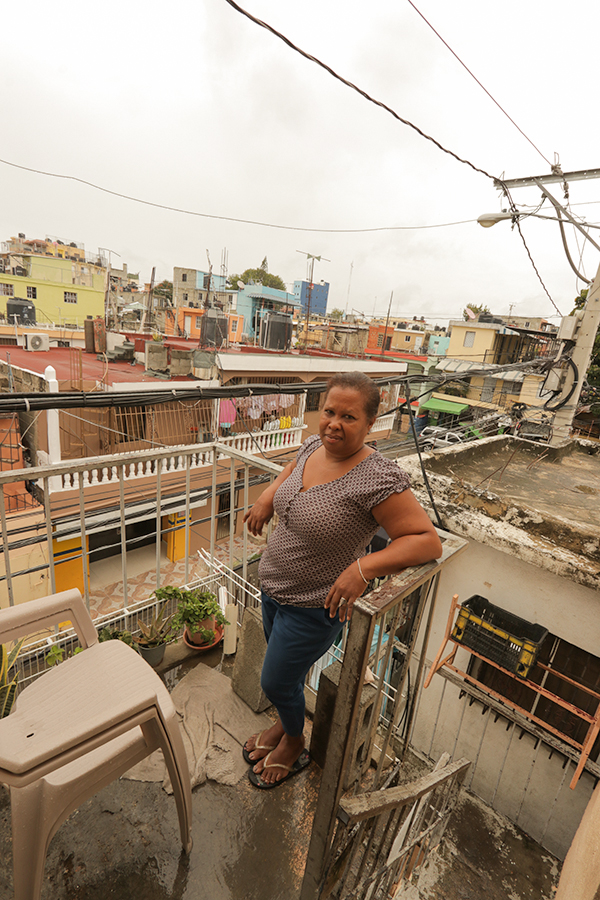
From the small porch landing of her apartment home on the fourth floor, Germania, mother of a sponsored child, has a bird’s-eye view of her surrounding urban community in the Dominican Republic. A street-cart vendor, Germania makes delicious empanadas, which she sells on the street directly below her home.

Alejandra owns a small convenience store in her rural community in the Dominican Republic. The mother of two sponsored children, her home doubles as her business, and customers make their purchases from the shop window on her front porch. Recently, a donation from Unbound’s Critical Needs Fund allowed Alejandra to replenish her product inventory, helping her to offer a wider variety of items to her local community.










